We’re living in a crucial moment regarding logistics infrastructure in Brazil. If the current level of investment is sustained, the scenario tends to worsen a lot in the next decades. On the other hand, a profound transformation can make the sector efficient and competitive. However, in order for that to happen, we must increase the participation of the private sector in the process of creating and developing solutions, concludes the study Projections for Transportation Logistics Infrastructure in Brazil, presented by Dom Cabral Foundation (FDC), last September 20th, at the Inter-American Development Bank (BID) headquarters, in Washington DC (USA).
According to the diagnosis, Brazil has potential to offer high quality transportation and logistics infrastructure by 2035, much like the north american model, with more railways and waterways participating in cargo movement. It’s essential, however, that private companies cooperate with that transformation. “Without the private sector, there are no solution for our infrastructure”, says Professor Ramon Cesar, from FDC, during the meeting Transportation Infrastructure in Brazil.
Regardless of the challenges created by the current economic situation in the country, Cesar listed projects that, if followed through, can elevate the level of the service in Brazil and reduce transportation costs early by 10%, starting in 2025. “Concessions are the best way to improve our logistics infrastructure. Now, we are facing serious financial restrictions. We have the expenditure law, with fixed percentages in health and education. Besides, we have high public investment demands in social services”, he said, emphasizing the fact that infrastructure will need the private initiative more and more.
To grow in an organized manner, Brazil needs to reduce its dependency on highways and increase the participation of railways and cabotage shipping (national coast to coast transportation) to enhance the harvest flow. Among the six new railway projects presented during the international meeting, FDC highlighted Ferrogrão, a export passageway connecting the midwest, at Mato Grosso, to Porto de Miritituba, by the Tapajós river, at Pará; and Ferrovia de Integração do Centro-Oeste (FICO), connecting the midwest with North-South railway.
If necessary investments are made, Brazil will achive the following marks during the next 17 years: the importance of highways in the logistics network will go from the current 70% to 50,8%; the railways will increase its capacity from 8,1% to 16,5%; and the waterways percentage will also grow from 20,2% to 30,9%.
Bernardo Figueiredo, infrastructure consultant, considers the low criteria applied in selecting projects as one of the main obstacles to the development of construction in the area, in addition to their questionable quality. “Behind all problems there’s always a project poorly done. Improving the selection and preparing the actions criteriously are key”, he alerted. Figueiredo also highlighted the importance of FDC’s study. “The investor has an instrument that simulates the reality of transportation in Brazil. That assures predictability. Whoever is embarking on a 30 year concession has to know what’s the long term perspective.”
BID’s vice president, Alexandre Rosa, says the debate instigated by the study comes in a good time, since Brazil is discussing the various propositions presented by the candidates for the presidency of the country.
Leonardo Vianna, CCR Group’s President, also believes that the scenario is favorable to discussions about the brazilian infrastructure. “Not only we have a great demand for it, but there’s also a consensus between politicians about the need to make investments alongside the private sector. That presents a great possibility to new projects”, he said.
Economist and FDC Professor Carlos Braga sugests that we look at foreign exemples to try to avoid the shortage of public resources. He remembers Chile, a country that has been able to reach a competitive infrastructure level by seeking resources outside of the public system. “Where there’s a crisis, there’s an oportunity. The fact that we’re going through an economic crisis brings the oportunity to search for better practices and solutions to attract investors”.
The private sector interest to support this recovery is voiced by the President of the Brazilian Association of Highway Providers (ABCR), César Borges. “At a time of public and tax deficit, we’ll hardly have resources to maintain and increase the brazilian highway network, instrumental to the recovery of our economic and sustainable growth. The private sector can and wish to participate in this effort”, he assured.
This month, FDC will divulge details of the study Projections for Transportation Logistics Infrastructure in Brazil. The document brings diagnosis, recommendations and projects with the goal of contributing to the strenghtening of the national infrastructure.


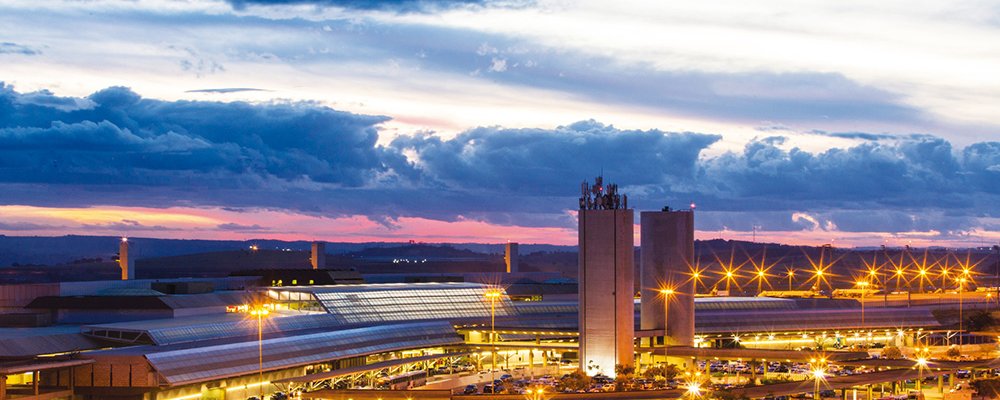
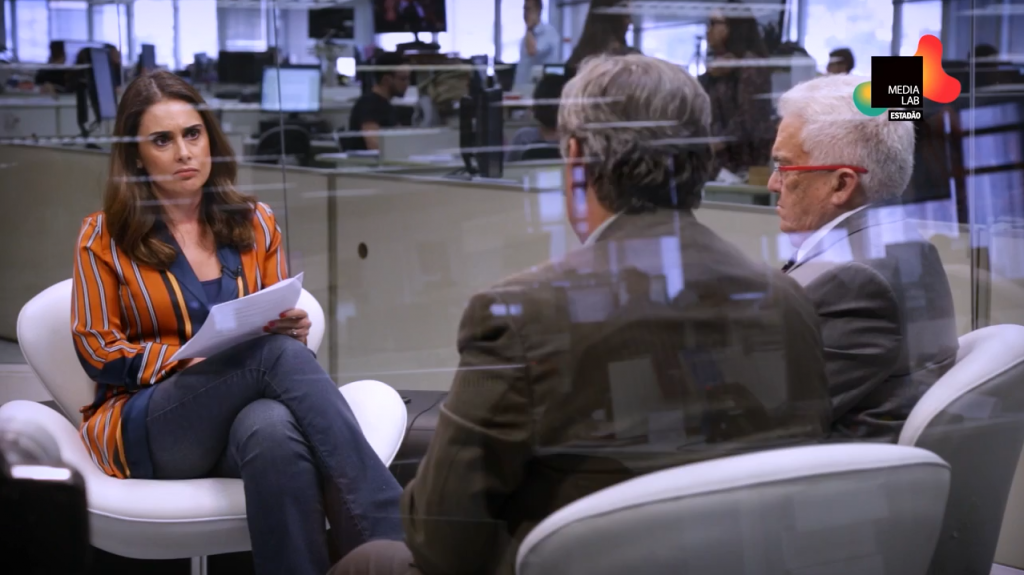
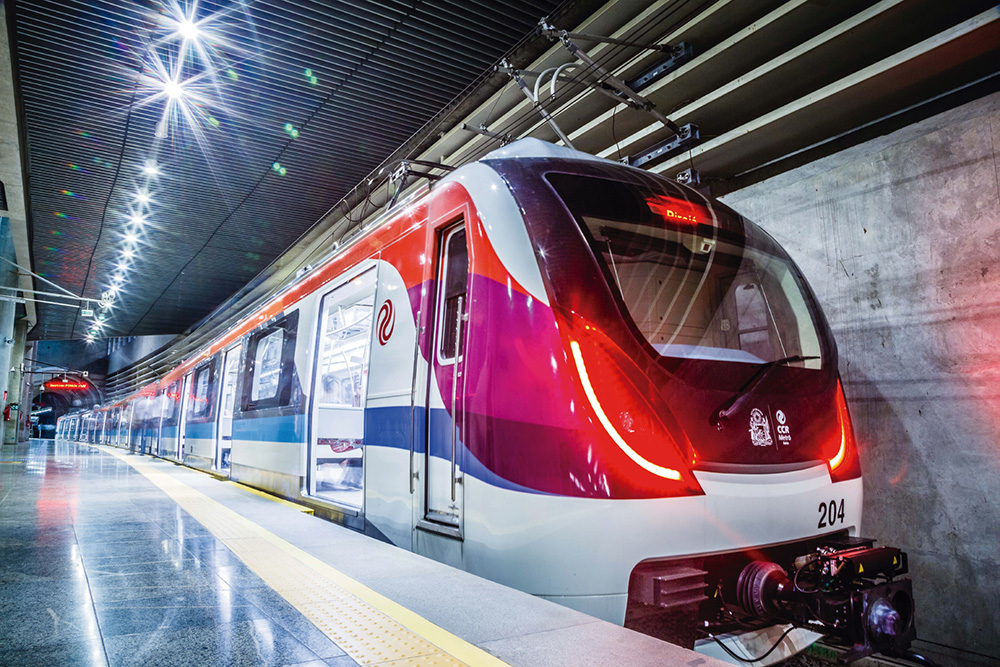
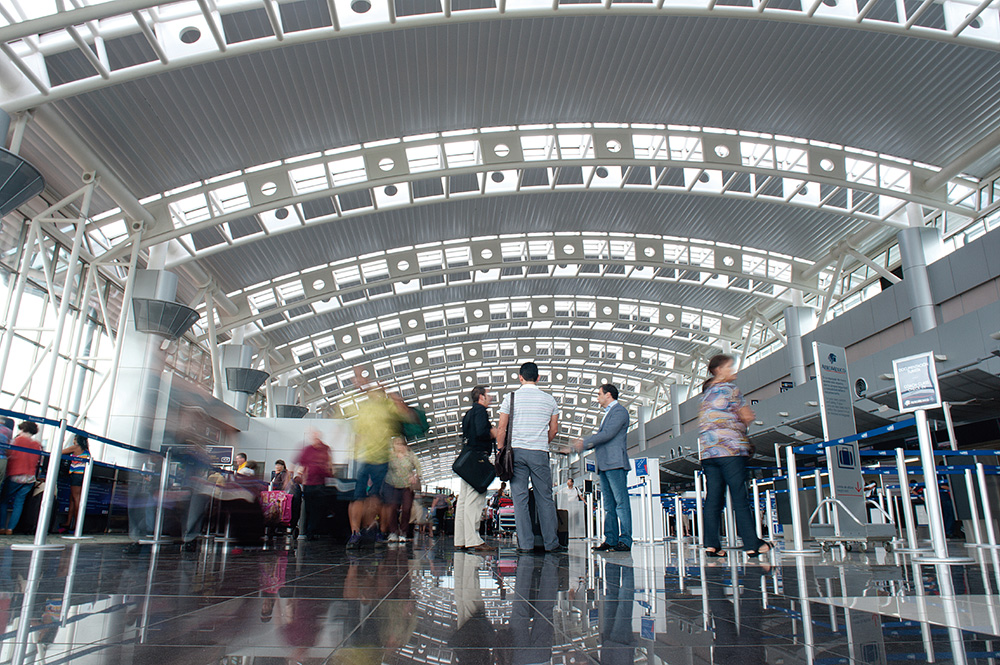
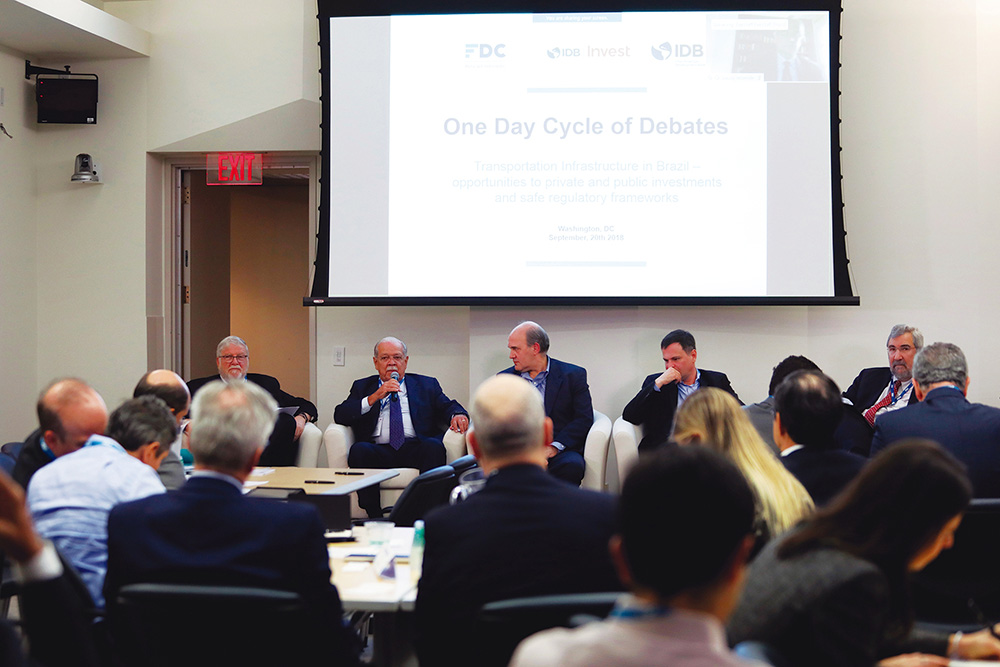
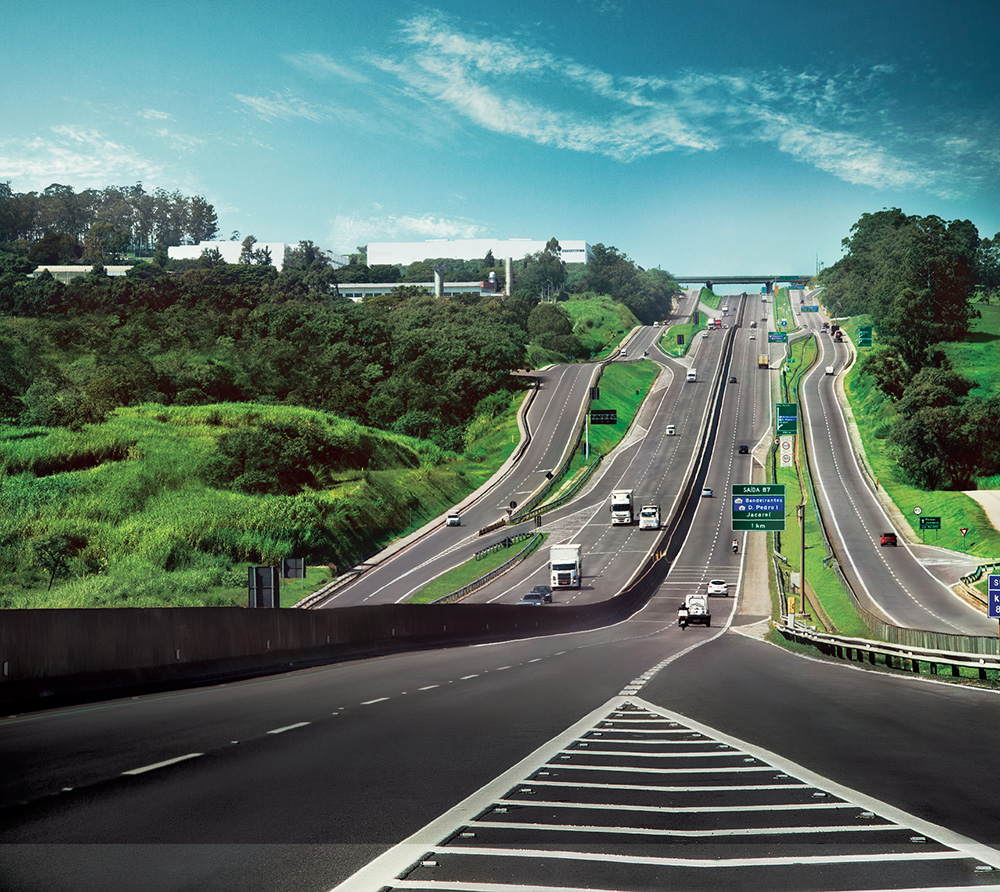
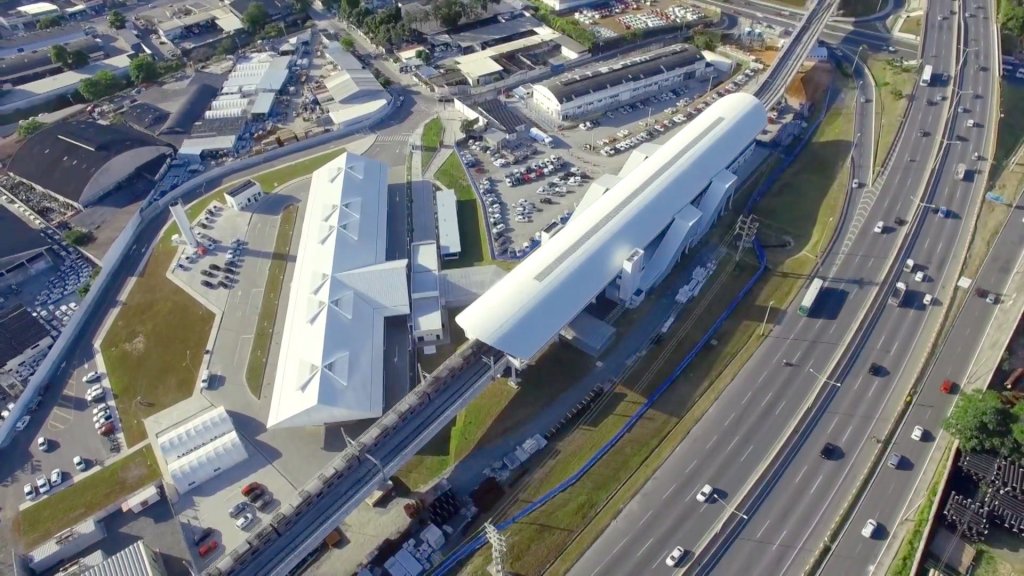
Comments